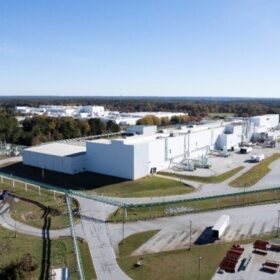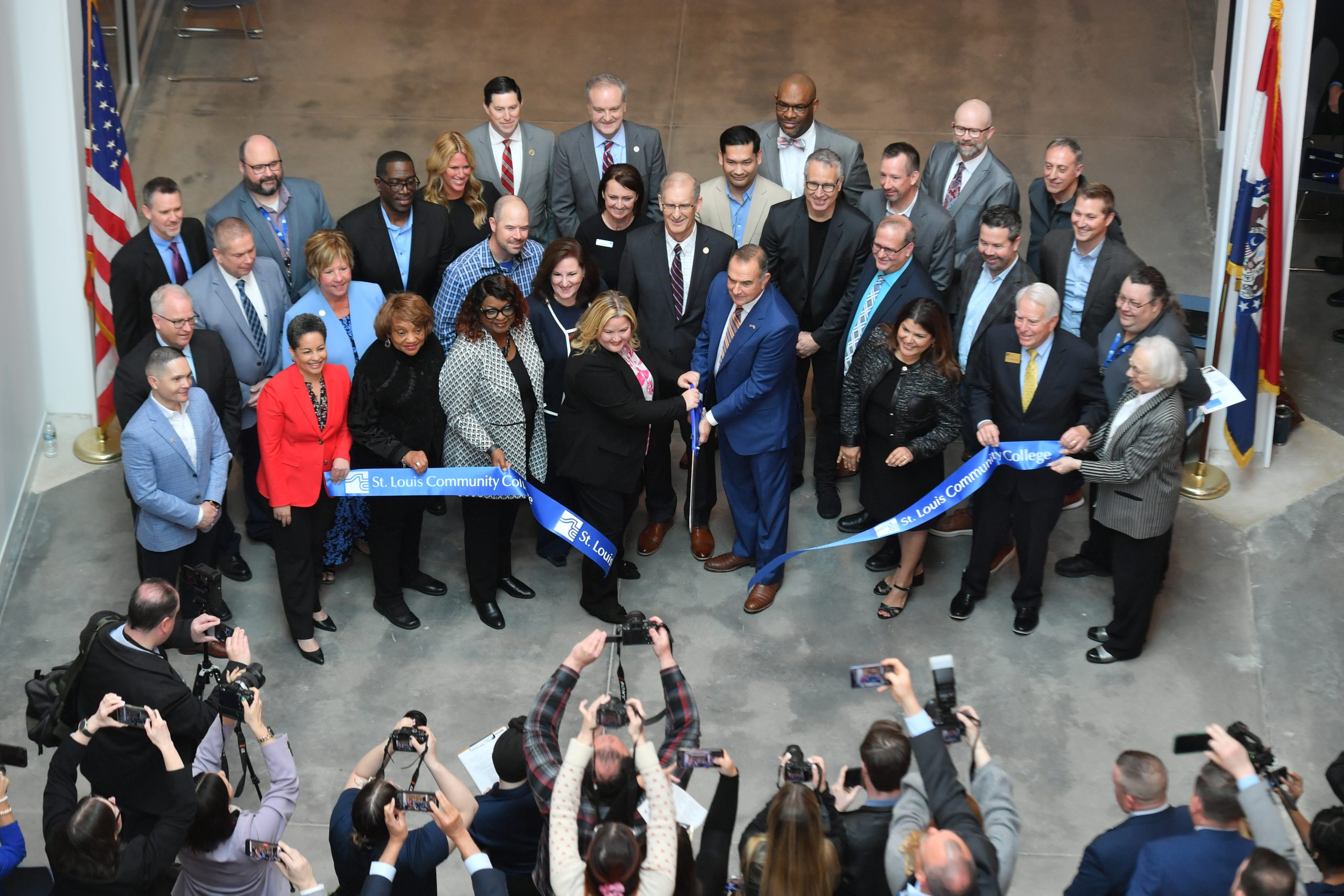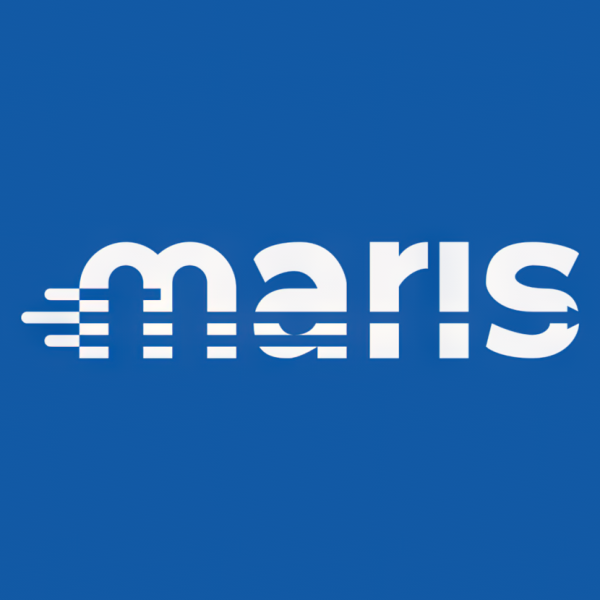Revolutionary CAR-T Tech: How Cellares and UW-Madison Are Reshaping Cancer Treatment
Manufacturing
2025-04-10 17:36:59Content
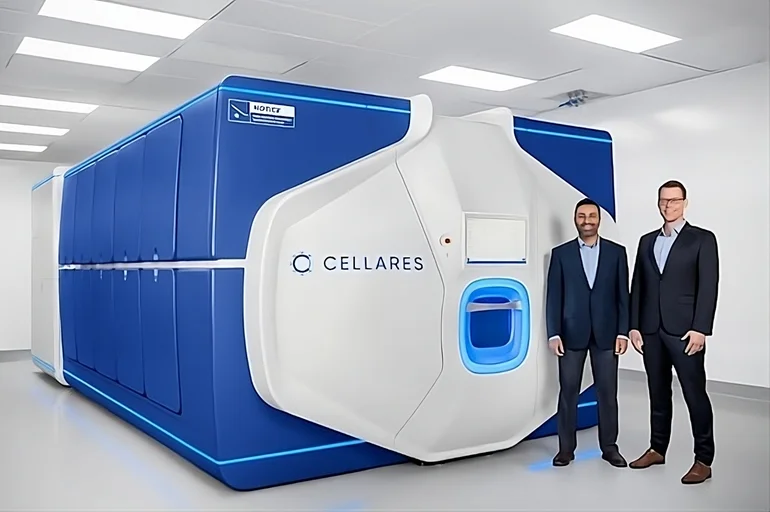
In a groundbreaking collaboration, Cellares has joined forces with the University of Wisconsin School of Medicine and Public Health to revolutionize the production of an innovative CRISPR-edited CAR-T therapy targeting GD2. This strategic partnership aims to streamline and automate the clinical-scale manufacturing process for the cutting-edge cell therapy developed by UW-Madison researchers.
The collaboration represents a significant leap forward in personalized cancer treatment, leveraging advanced gene-editing techniques to create more precise and effective immunotherapies. By combining Cellares' advanced manufacturing technologies with the University of Wisconsin's pioneering research, the partners hope to accelerate the development and accessibility of this promising GD2-targeted CAR-T cell therapy.
This innovative approach could potentially transform how complex cell therapies are produced, making them more efficient, scalable, and ultimately more accessible to patients in need of advanced cancer treatments. The partnership highlights the growing intersection of biotechnology, precision medicine, and automated manufacturing techniques in the fight against cancer.
Revolutionary Cell Therapy Manufacturing: Cellares and UW-Madison Forge Groundbreaking Partnership
In the rapidly evolving landscape of precision medicine, a transformative collaboration is set to redefine the boundaries of cancer immunotherapy. The intersection of cutting-edge genetic engineering and advanced manufacturing technologies promises to unlock unprecedented potential in personalized treatment strategies, marking a pivotal moment in medical innovation.Pioneering the Future of Personalized Cancer Treatment
The CRISPR Revolution in Immunotherapy
The collaboration between Cellares and the University of Wisconsin School of Medicine and Public Health represents a quantum leap in cancer treatment methodology. CRISPR gene-editing technology has emerged as a revolutionary approach to modifying T-cells, enabling researchers to precisely engineer immune responses against specific cancer targets. The GD2 CAR-T therapy under development represents a sophisticated strategy targeting neuroblastoma and other challenging malignancies, offering hope to patients with limited treatment options. The intricate process of genetic modification requires unprecedented precision and scalability. Traditional cell therapy manufacturing has been constrained by labor-intensive processes and limited production capabilities. Cellares' innovative Cell Shuttle platform addresses these fundamental challenges by introducing unprecedented automation and efficiency into clinical-scale cell manufacturing.Technological Innovation in Cell Manufacturing
Cellares' breakthrough technology represents a paradigm shift in biological manufacturing. The Cell Shuttle platform leverages advanced robotics, artificial intelligence, and sophisticated computational algorithms to streamline the complex process of cell therapy production. By minimizing human intervention and standardizing critical manufacturing steps, the technology dramatically reduces variability and increases reproducibility. The automation capabilities extend beyond mere mechanical processes. Sophisticated sensor technologies and real-time monitoring systems ensure each cell therapy batch meets rigorous quality standards. This level of precision is critical in developing personalized therapies where minute variations can significantly impact treatment efficacy and patient outcomes.Strategic Implications for Precision Medicine
The partnership between Cellares and the University of Wisconsin transcends traditional research collaborations. It represents a strategic alignment of technological innovation and scientific expertise aimed at accelerating the translation of groundbreaking research into clinical applications. By combining UW-Madison's deep immunological research capabilities with Cellares' manufacturing technologies, the collaboration creates a powerful ecosystem for developing next-generation cell therapies. The GD2 CAR-T therapy exemplifies this approach, targeting a specific cancer antigen with unprecedented precision. Neuroblastoma, a challenging pediatric cancer, has historically been difficult to treat effectively. The CRISPR-edited approach offers a targeted intervention that could potentially transform treatment protocols and improve patient survival rates.Future Perspectives and Technological Potential
As cell therapy continues to evolve, collaborations like this one will become increasingly critical. The ability to rapidly develop, manufacture, and deploy personalized therapies represents a fundamental shift in medical treatment paradigms. Cellares' technology suggests a future where complex biological manufacturing becomes as standardized and accessible as modern electronics production. The implications extend far beyond cancer treatment. The underlying technologies developed through this partnership could potentially be applied to a wide range of genetic disorders, autoimmune conditions, and regenerative medicine applications. Each breakthrough represents a step towards more precise, personalized, and effective medical interventions.RELATED NEWS
Manufacturing
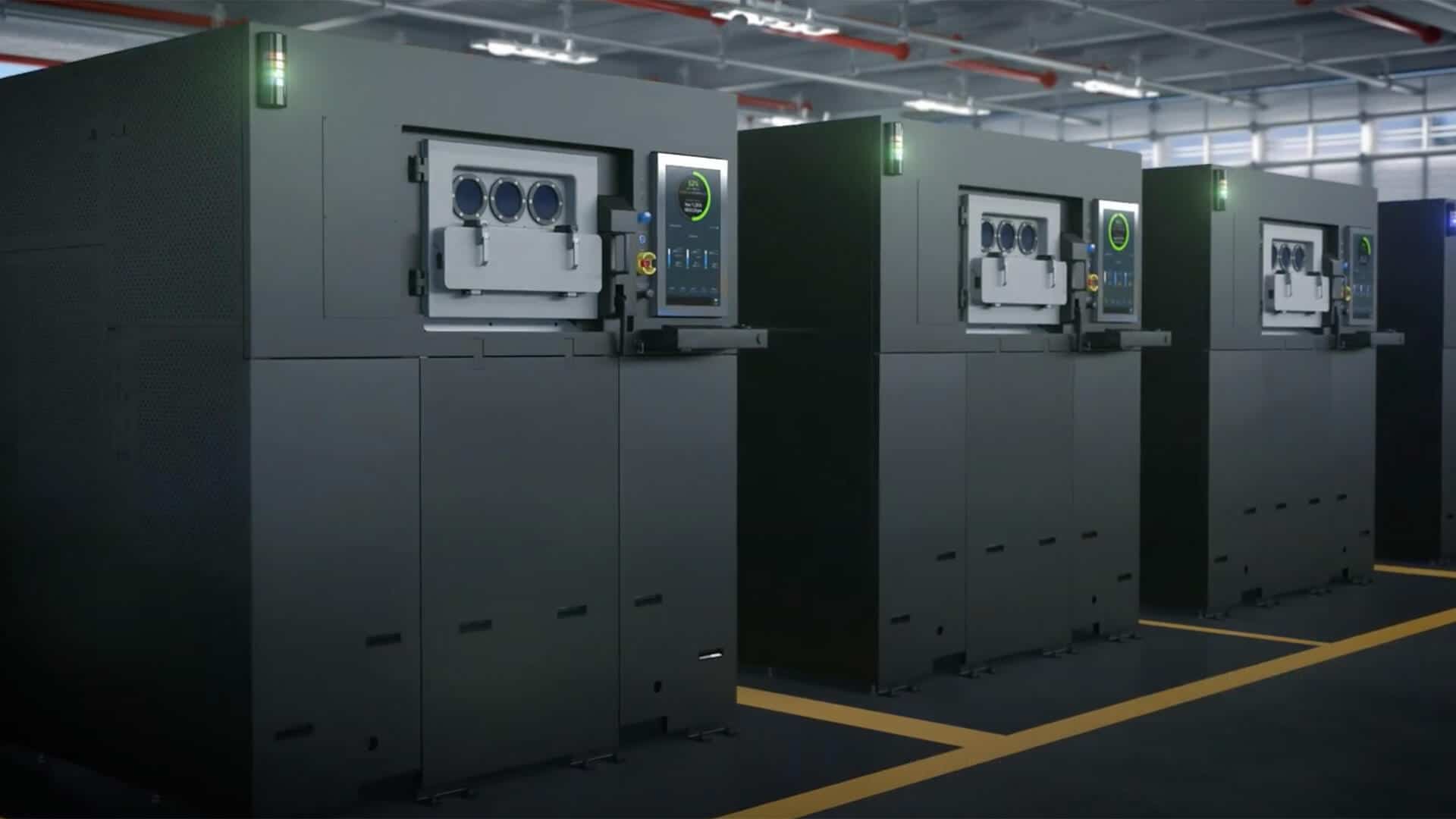
Velo3D Accelerates Manufacturing: Breakthrough Rapid Production Solutions Unveiled
2025-03-19 13:18:19
Manufacturing

Marquardt Accelerates Global Expansion: State-of-the-Art Manufacturing Hub Launches in India
2025-03-06 09:20:08

